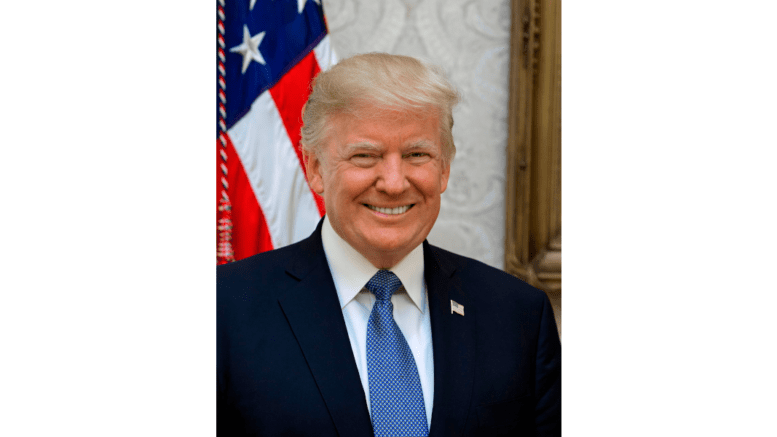By John A. Tures, Professor of Political Science, LaGrange College
The biggest loser in the first Republican debate in Milwaukee was Donald Trump, according to the polls. Yet, in the strangest of paradoxes he was also the biggest winner, according to the polls. To see how this can be even possible, and how it could affect the 2024 Georgia Primary, check out the rest of this column.
Most of the post-debate focus was what pundits said, and who they thought won. Much of it sadly dealt with style, which led many to praise entrepreneur Vivek Ramaswamy for his delivery of lines, even though former New Jersey Governor Chris Christie astutely pointed out that it really did sound like a ChatGPT canned speech. Others were quick to unload on Ron DeSantis for his angry tone. But what do the voters think?
Snap polls were available afterwards, but often these can simply show people repeating the pundits’ and their projections. To really figure out who won, it’s better to look at the standing of the candidates in the surveys, before and after the debate.
To do so, I look at Real Clear Politics, and the four surveys taken before the debate, which include CBS News (8/16-8/18), Morning Consult (8/18-8/20), InsiderAdvantage (8/19-8/20) and Yahoo (8/17-8/21). I compare these to four taken after the debate, from Morning Consult (8/24-8/24), InsiderAdvantage (8/24-8/24), Reuters (8/24-8/25) and Emerson (8/25-8/26). The one from the New York Post was eliminated because the survey time overlapped before and after, and so it was impossible to tell whether the sample saw the debate first or not.
The clear loser was former President Donald Trump. His average in the polls dropped from 55.75% to 51.25%, the biggest decline for any candidate, on stage or not. His lead over the next closest candidate also fell from 42.75 percentage points to 37 percentage points. Of course, it’s not clear whether this is from skipping the debate, or presenting himself before the Fulton County authorities after his fourth indictment.
The best candidate improvement in the polls went to former South Carolina Governor Nikki Haley, whose average went up from 3.25% to 6.25%. Many gave her high marks for her performance afterwards. Also improving their showing with the voters in surveys were ex-VP Mike Pence (up from 4% to 5.25%) and Florida Governor Ron DeSantis (13% to 14.25%). Even ex-New Jersey Governor Chris Christie inched up from 2.75% to 3.5%.
Those who dropped in the polling average included South Carolina Senator Tim Scott (from 3.25% to 2.25%), ex-Arkansas Governor Asa Hutchison (from 1% to 0.5%) and North Dakota Governor Doug Burgum (from 0.75% to 0.5%). Vivek Ramaswamy changed little (7.75% to 8%) despite the adoration from pundits.
So how could Donald Trump win, as he declined in the polls, and others like Haley, DeSantis, and Pence rose in surveys? It’s because the support for other candidates was spread out, instead of concentrated in one opponent. Anti-Trump forces are not uniting behind one candidate. And that is making it easier for the frontrunner, who only has to finish first in a number of GOP primary states to take all of the delegates, thanks to “winner take all rules.” So even though Republicans view Trump less favorably, he’s still in a better position after the Milwaukee debate, as evidenced by his strong showing in the AJC’s Georgia poll, where he leads DeSantis and Pence 57% to 15% to 4%.
John A. Tures is a professor of political science at LaGrange College in LaGrange, Georgia. His views are his own. He can be reached at jtures@lagrange.edu. His Twitter account is JohnTures2.

